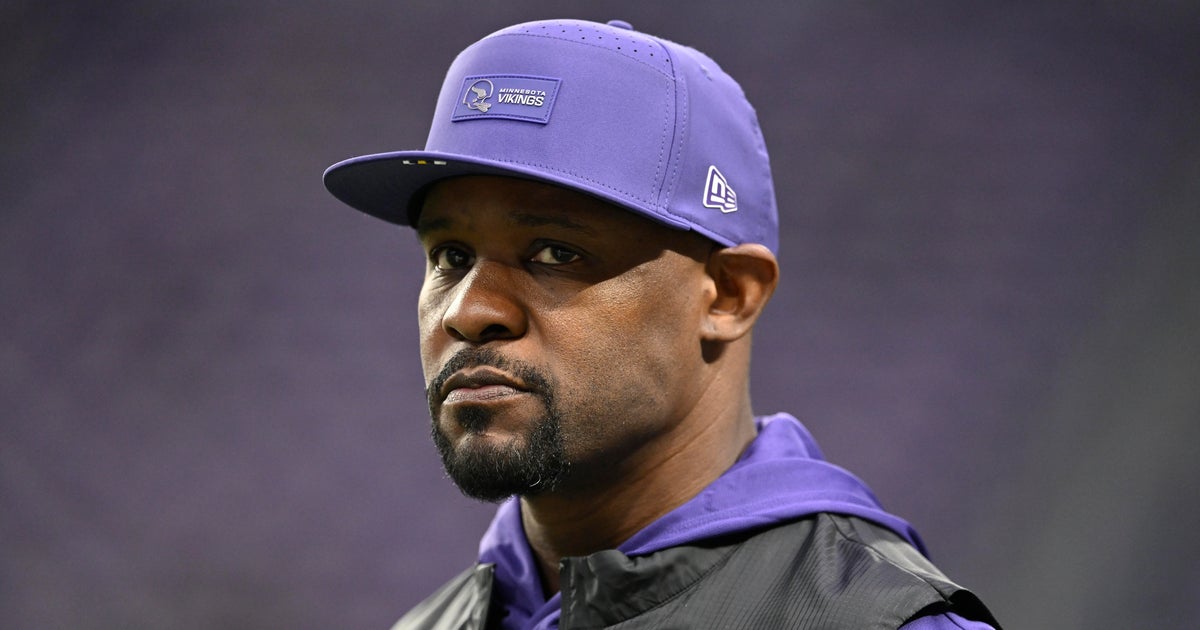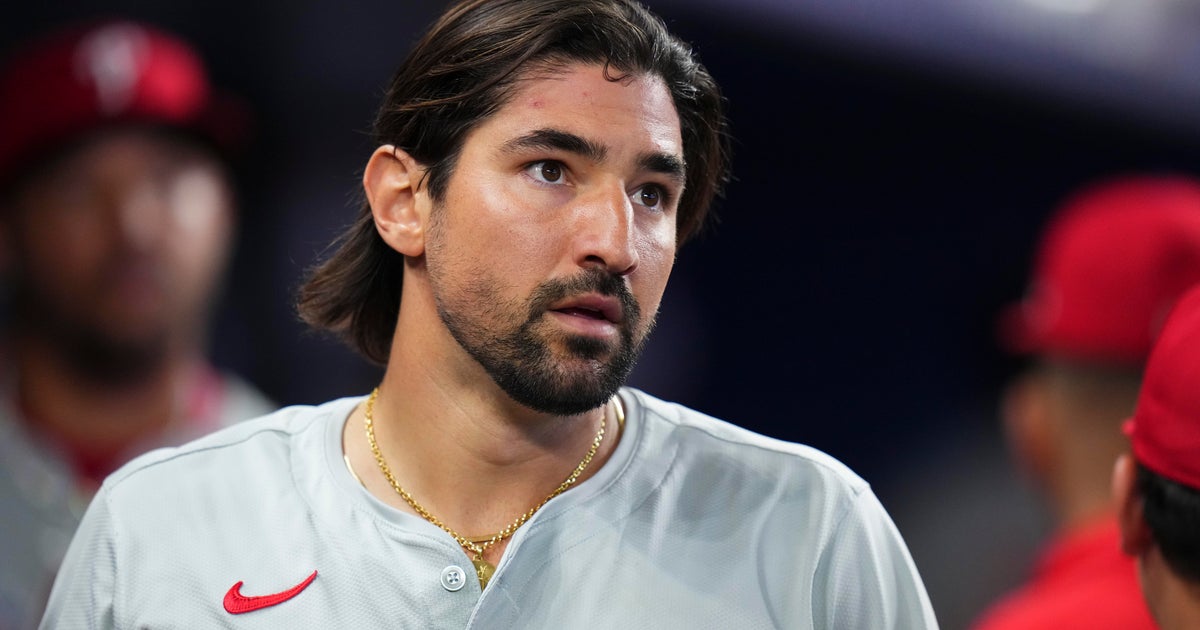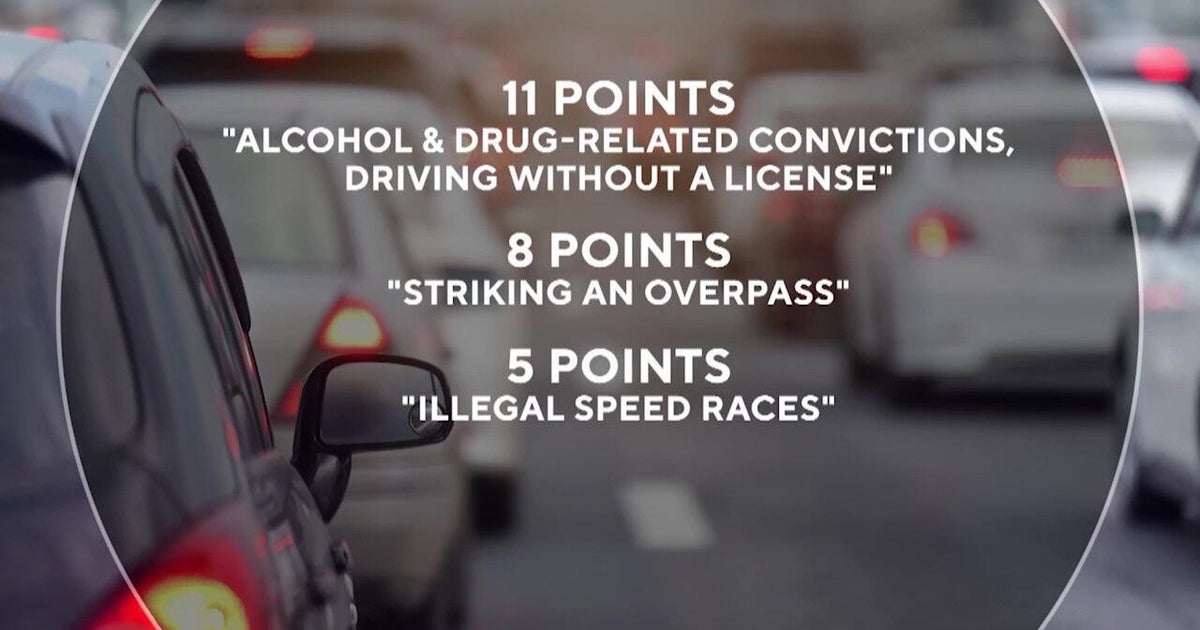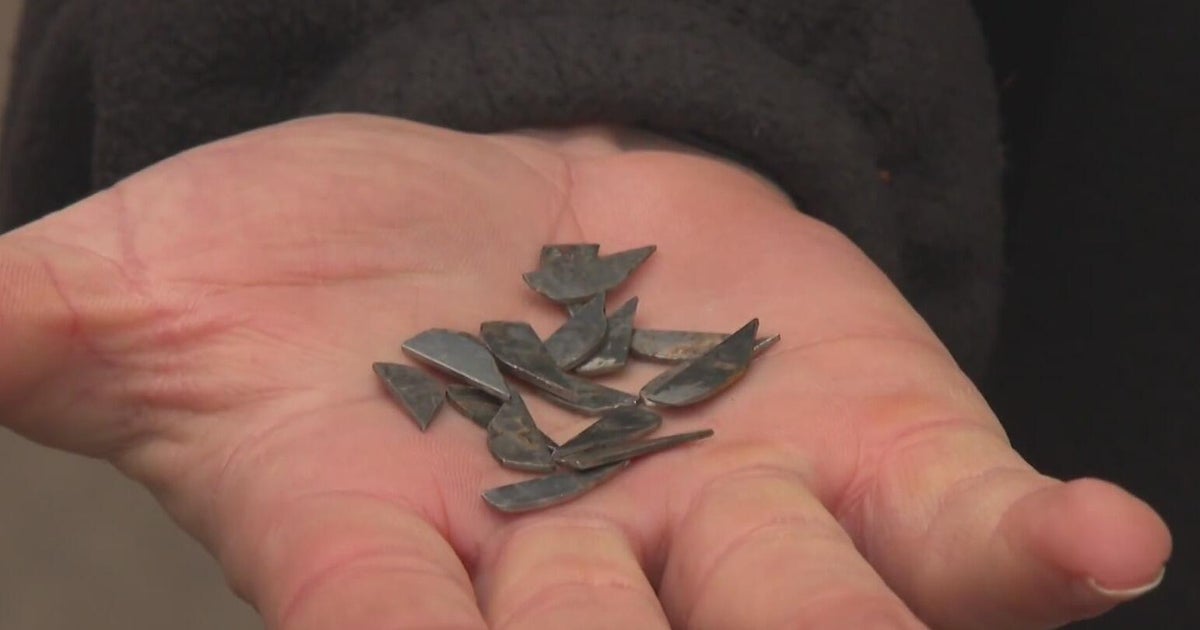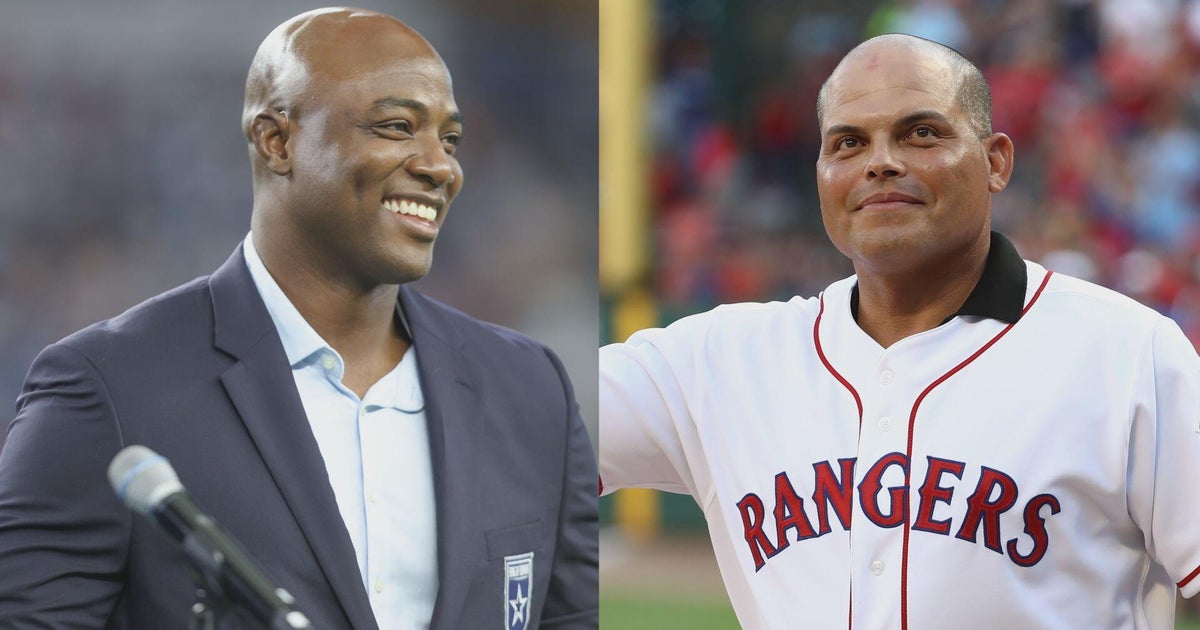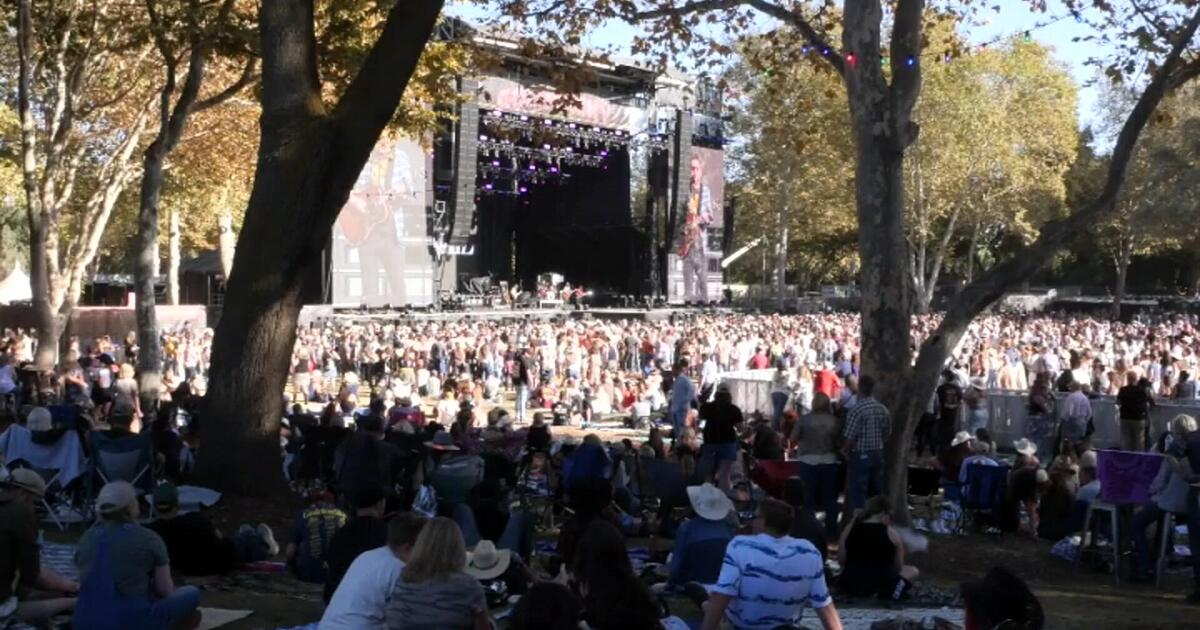NASCAR Must Address Dangers In Qualifying Format
NASCAR would be hard-pressed to find many fans who don't prefer the drama and intrigue of the new, knockout qualifying format over the old system of single-car runs.
But the rules have created a wrinkle that drivers up and down the grid say is far too dangerous.
NASCAR has now been warned - repeatedly, by some of the biggest names in the sport. And finding an immediate solution to what Brian Vickers called "the most dangerous thing I've ever done in racing" should be NASCAR's only item on the agenda this week.
For two weeks in a row, drivers have complained that their engines are too hot following their qualifying runs. They can either cool the engines or gamble on not blowing the engine on the next fast lap.
Only NASCAR has prohibited teams from cooling their cars on pit road because doing so would require the use of a cooling box. Since few adjustments are allowed during qualifying rounds, the cooling box is not an option because it would require teams to open the hood of the car. Once the hoods are open, inspectors would have too difficult of a time policing pit road to make sure no adjustments are being made to the cars.
So teams figured out their own solution: Drivers are slowing their cars to a crawl and circling the track at slow speeds to cool the engines following their fast laps. It's going on at the same time as other drivers are speeding along, making their qualifying attempt.
"You're going 200 mph out there, and cars that aren't even running are running about 40," grumbled Clint Bowyer.
Asked for his opinion, Ryan Newman simply said: "It's not safe. That's an easy answer. It's not safe."
Those were just two of the gripes that came out of Las Vegas Motor Speedway, a 1.5-mile track that has enough room on the apron to accommodate the slow cars while the cars whizzing by them making a qualifying run. But NASCAR heads to Bristol Motor Speedway this weekend and the 0.533-mile bullring is incredibly short on the real estate needed to accommodate cars driving at dramatically different speeds.
Vickers said there was a point during qualifying at Las Vegas Friday when he was riding slowly around the bottom of the track and Reed Sorenson sailed past him at a speed difference of 170 mph.
"We don't have impact data on 170-180 mph differential impacts," he said. "If I hit someone with those speed discrepancies, that's going to be really bad for everyone."
What more does NASCAR need to hear before officials figure out a solution? True, the system is only two weeks old and there's yet to be a serious incident.
Waiting to see how it develops over the next few weeks is a reckless gamble.
After spending much of last year working on a new rules package to improve the quality of racing at superspeedways, NASCAR vice president of innovation and racing development Gene Stefanyshyn warned before Sunday's first test at Las Vegas that one race would not be a true indicator of progress. Give it time, he urged, for teams to get a handle on the rules and adjust accordingly before deciding if more work was needed.
NASCAR can have all the time it needs to figure out an aero package.
Officials don't have the luxury of taking a wait-and-see approach on what competitors say is a major safety concern.
Do they wait for a major accident before they act? A driver injury? NASCAR clearly has something good on its hands with the new knockout format, and drivers have warned that something bad could happen unless a change is made. Why even take the chance?
Six-time NASCAR champion Jimmie Johnson had another suggestion, too.
At the start of qualifying, cars are being parked on pit road facing in, requiring the drivers to back out when they are ready to make their lap. It makes for a lot of activity in a very short period of time.
"That initial roll-out is very sketchy and I think we're going to start crashing cars just backing out, because you've got guys at various angles trying to back out and guys backing out before the clock strikes zero and the track is green," Johnson said. "We need to clean it up a little. I think the format is awesome. It's great for the fans, it's great for the teams, but some of the logistics and flow on pit road could be addressed."
You've been warned NASCAR. Don't wait to see if the drivers are crying wolf.
